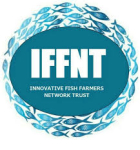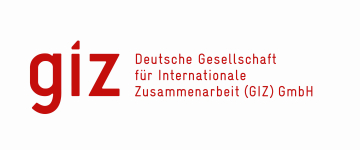The fish producers are put at the centre of the project. Their benefit from the project will be their capability to calculate and record farm revenues, expenditures, do gross margin calculations, understand local markets and do their own business planning. There will be consultations in that way farmers (individuals or groups) decide from whom he/she buys the fish feed, and other inputs. Farmers will be aware about farm and market complexity. Open minded young people, conservative but interested people – early and later adaptor - can learn from pioneers. Another advantage will be that farmers will learn among themselves through horizontal comparisons of farm data and exchange of experiences. This with the cooperation with IFFNT will strengthen their self-confidence and the development of a strong aquaculture association and finally their advocacy to lobby for other improvements in the value chain.
The projects target the whole value chain of improving efficiency thereby increasing production while reducing the cost of production. In this case, we will develop fish growth curves for different species and different feeding regimes. The idea will be to produce consumer led fush sizes and species. Consequently low production costs will benefit poorer consumers in accessing affordable fish for improved nutrition. Similarly, increased production will increase supply on local farmers´ markets or in restaurants.
The project will be implemented in the same region as the GIZ Aquaculture Value Chain programme. Markets will be identified around the capital city Lilongwe and the cities of Mzuzu, Salima and Blantyre. The focus lies on closing the big gap between demand and supply on the domestic market. The pull marketing approach will be used in order to ensure a market orientation towards the wishes of the local clients which might be very different depending on income, household sizes, location, and also from tradition. This fact shows different market segments.
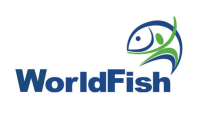
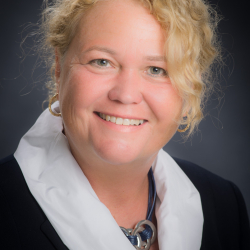

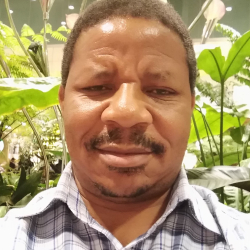

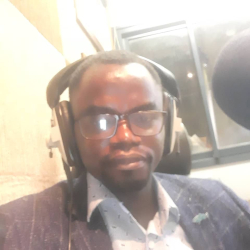
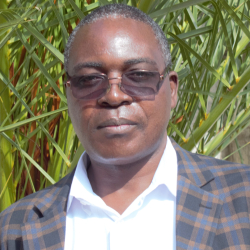
PassportPhoto.JPG)
